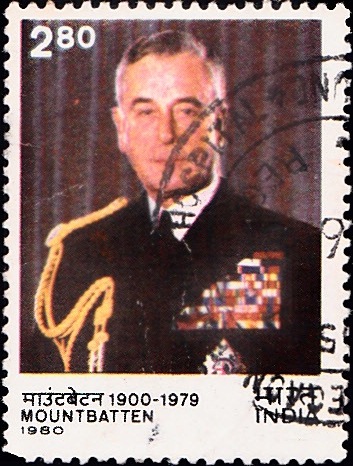
India on Earl Mountbatten
A commemorative postage stamp on the 1st Death Anniversary of Lord Earl Louis Mountbatten, last Viceroy of India (1947) and first Governor-General of independent India (1947-48) :
 Issued by India
Issued by India
Issued on Aug 28, 1980
Issued for : Indian P & T Department is privileged to issue a commemorative stamp in his honour.
Description of Designs : The design of the stamp is based on photograph by courtesy of the British Information Services. It shows Earl Mountbatten in the uniform of Admiral of the Fleet, with the Star of the Order of the Knights of the Garter and ribbons of various medals and orders. The aiguillette on his right soldier denotes that he was Personal Aide-de-Camp to the Sovereign.
The first day cover design showing Nehru and Mountbatten is based on photograph by courtesy of the Jawaharlal Nehru Memorial Fund. The cancellation depicts a view of the dome of the Rashtrapati Bhavan, New Delhi.
Type : Stamp, Postal Used
Colour : Multicolour
Denomination : 280 Paise
Overall size : 3.91 x 2.90 cms.
Printing size : 3.55 x 2.54 cms.
Perforation : 13 x 13
Watermark : Printed on water–marked adhesive stamp paper
Number printed : 20,000,000
Number per issue sheet : 35
Printing process : Photogravure
Designed and printed at : India Security Press
Name : Louis Francis Albert Victor Nicholas Mountbatten
Born on Jun 25, 1900 at Windsor, United Kingdom
Died on Aug 27, 1979 at Sligo, Republic of Ireland
About :
- Admiral of the Fleet Earl Mountbatten of Burma was the last Viceroy and the first Governor-General of India. He was born at Frogmore House, Windsor (England) on 25 June 1900 in an aristocratic family and was related to most of the royal households of Europe. The young Louis Mountbatten, the surname adopted by his father (Prince Louis of Battenberg) after he relinquished his foreign titles, joined the Royal Navy after he had passed through Osborn and Dartmouth Colleges. He saw action in the Battle of Jutland during the First World War and ended the war as sub-lieutenant. Specialising in radio communication, he invented a device enabling ships to keep station, which became standard in the Royal Navy.
- During the Second World War, Mountbatten rose from the rank of Captain in command of a destroyer flotilla at the beginning to be Supreme Allied Commander, South-East Asia at its end. His exploits as commander of the destroyer, HMS Kelly consolidated his reputation for skilled seamanship, daring and considerable luck. At this time he had the unique honour of holding rank in the Royal Navy, the British Army and the Royal Air Force. In the summer of 1943 he was appointed Supreme Commander in South-East Asia. In September 1945, Mountbatten accepted the formal surrender of the Japanese southern armies in Singapore.
- Earl Mountbatten reached the peak of his remarkable career in 1947 when he was appointed Viceroy of India by Clement Attlee, Labour Prime Minister of Britain. In February 1947 the British Government announced their definite intention “to effect the transference of power into Indian hands by a date not later than June 1948”. Mountbatten took up his post on March 23, 1947, which gave him just 14 months to carry out his mandate. In the event, he did it in less than five. On August 15, the objective was achieved but against a background of a mass migration, lawlessness and bloodshed. However, he made an instant impact in India, first by befriending Jawaharlal Nehru and later by appearing beside Mahatma Gandhi at his prayer meetings in New Delhi. It was a tribute to Mountbatten’s statesmanship, sagacity and wisdom when he was invited to be Independent India’s first Governor-General. After leaving India, he returned to the Royal Navy and rose to the rank of Admiral of the Fleet. He held the post of First Sea Lord and retired in 1965 as Chief of the Defence Staff. He died on 28 August 1979.
- Although a prince by birth, he became in his lifetime a man of liberal and democratic belief, a man unafraid of social and political change. He had an abiding interest in and involvement with India. On his return home in 1948, he helped to create and run the Jawaharlal Nehru Fund to send Indian students to study in Britain. An extraordinary personality, he will always occupy a place of honour among India’s friends and well-wishers.
- (The above text is based on material published elsewhere and/or supplied by sponsors).


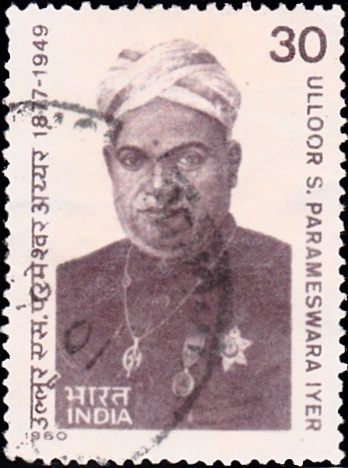
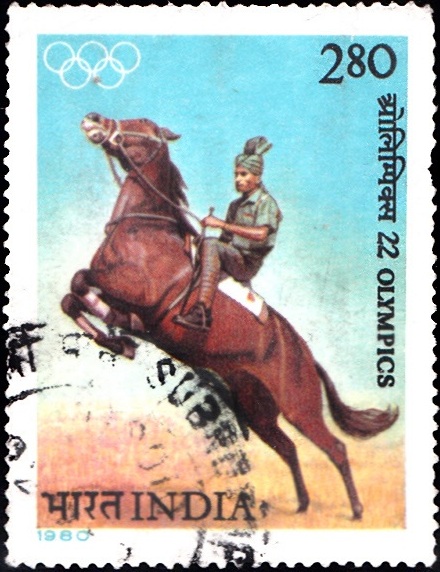
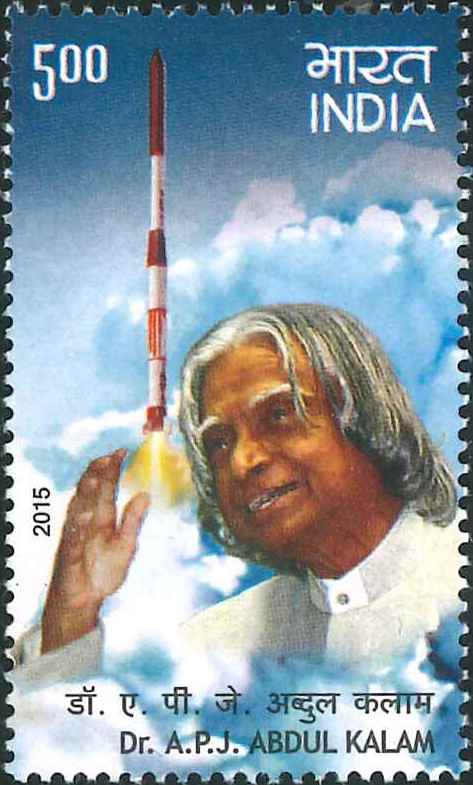
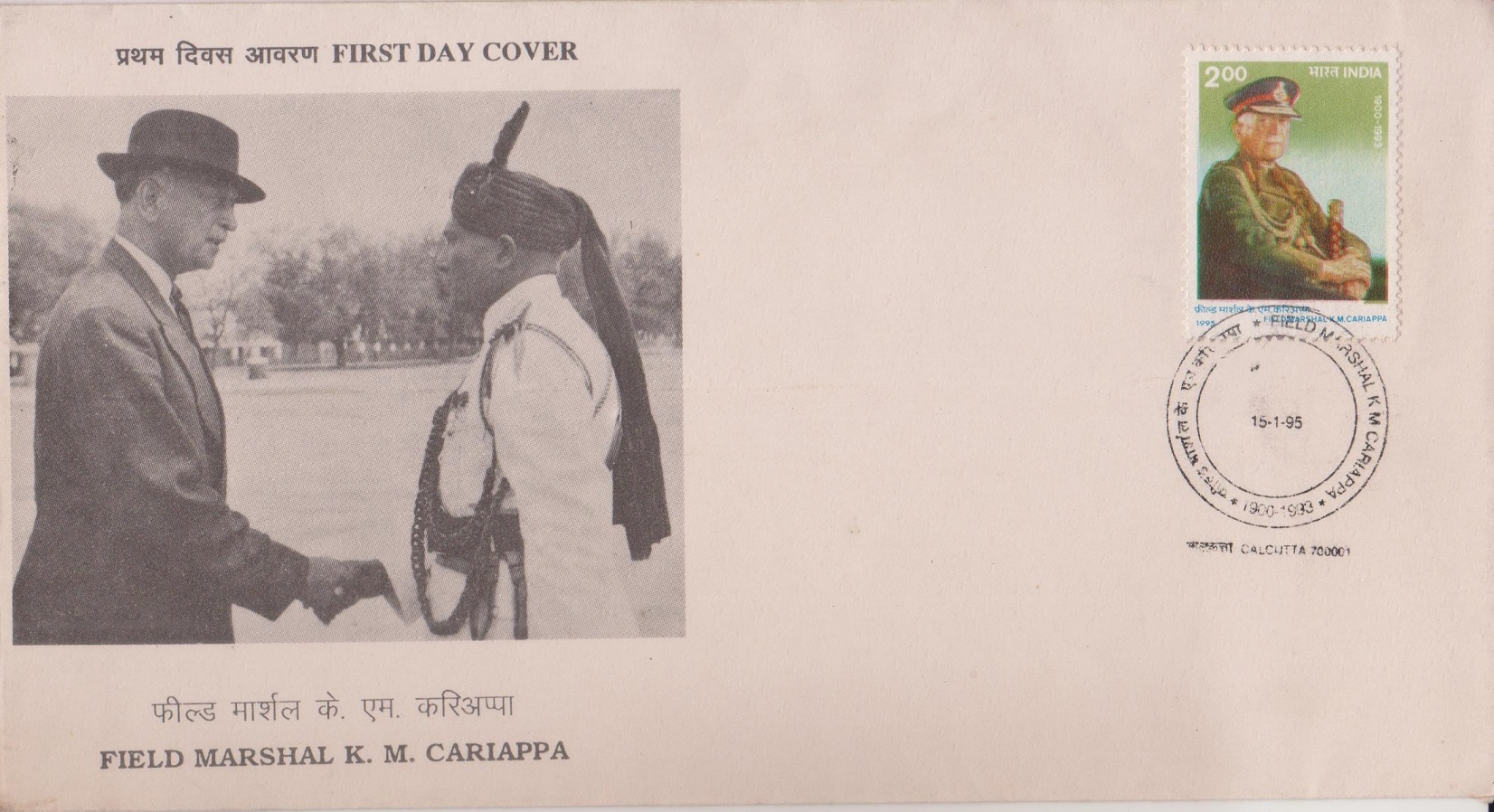
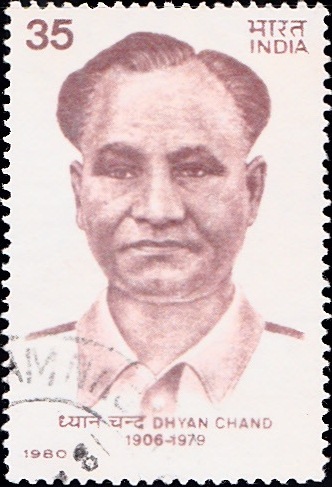

[…] Burma being the first to reach Rangoon. To honour its gallant actions the Regiment was selected by Lord Louis Mountbatten, SEAC, as the only cavalry regiment to represent the Occupation Forces in Japan from the entire […]
[…] steps to effect the transference of power to responsible Indian hands not later than June 1948. Lord Mountbatten who had been appointed the Viceroy and Governor General, however, declared in his plan of June 3, […]
[…] British Premier, announced in February 1947, that they would grant independence to India. Viscount Mountbatten was sent out as Viceroy to negotiate the manner and handing over power. On June 2, 1947, he […]
[…] On surrender of the Japanese, the battalion had the unique honour of providing a guard of honour to Lord Louis Mountbatten at […]
[…] with Lord and Lady Mountbatten in […]
[…] first Indian Governor-General, on 21 June, 1948, when he was sworn in following the departure of Lord Louis Mountbatten, the last British Viceroy and first Governor-General of India. It was renamed Rashtrapati Bhavan on […]
[…] Congress nominee. As a member of the Commission, he made a momentous contribution, by persuading Lord Mountbatten, to award Gurdaspur (initially awarded to Pakistan), to India. Justice Mahajan’s suggestion, that […]